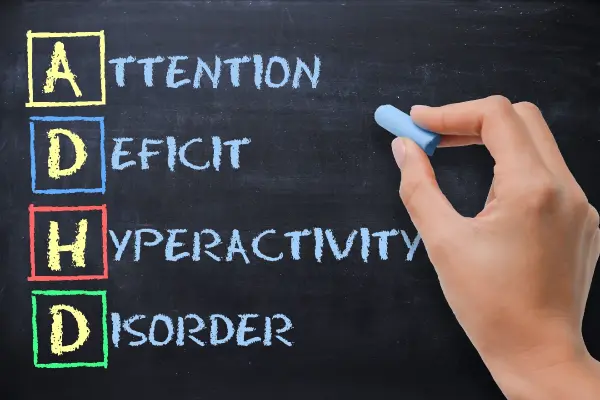We use cookies to help provide you with the best possible online experience.
By using this site, you agree that we may store and access cookies on your device. Cookie policy.
Cookie settings.
Functional Cookies
Functional Cookies are enabled by default at all times so that we can save your preferences for cookie settings and ensure site works and delivers best experience.
3rd Party Cookies
This website uses Google Analytics to collect anonymous information such as the number of visitors to the site, and the most popular pages.
Keeping this cookie enabled helps us to improve our website.
Practice News
All the latest news and information from Wargrave Surgery and our patient community
 Weight Loss Injections, Contraception and HRT
Important information for patients. Please read...
18/08/2025
Weight Loss Injections, Contraception and HRT
Important information for patients. Please read...
18/08/2025
 Testosterone Prescribing for Women
In Berkshire, testosterone prescribing in primary care for low libido can only be started by a menopause specialist. Read more...
08/07/2025
Testosterone Prescribing for Women
In Berkshire, testosterone prescribing in primary care for low libido can only be started by a menopause specialist. Read more...
08/07/2025
 Mounjaro Prescribing for Obesity
Important update on limited eligibility. Please read...
04/07/2025
Mounjaro Prescribing for Obesity
Important update on limited eligibility. Please read...
04/07/2025
 ADHD Referral Pathway
If a child is suspected to have ADHD, the special educational needs coordinator (SENCO) at their school is the key point of contact for referral
18/06/2025
ADHD Referral Pathway
If a child is suspected to have ADHD, the special educational needs coordinator (SENCO) at their school is the key point of contact for referral
18/06/2025